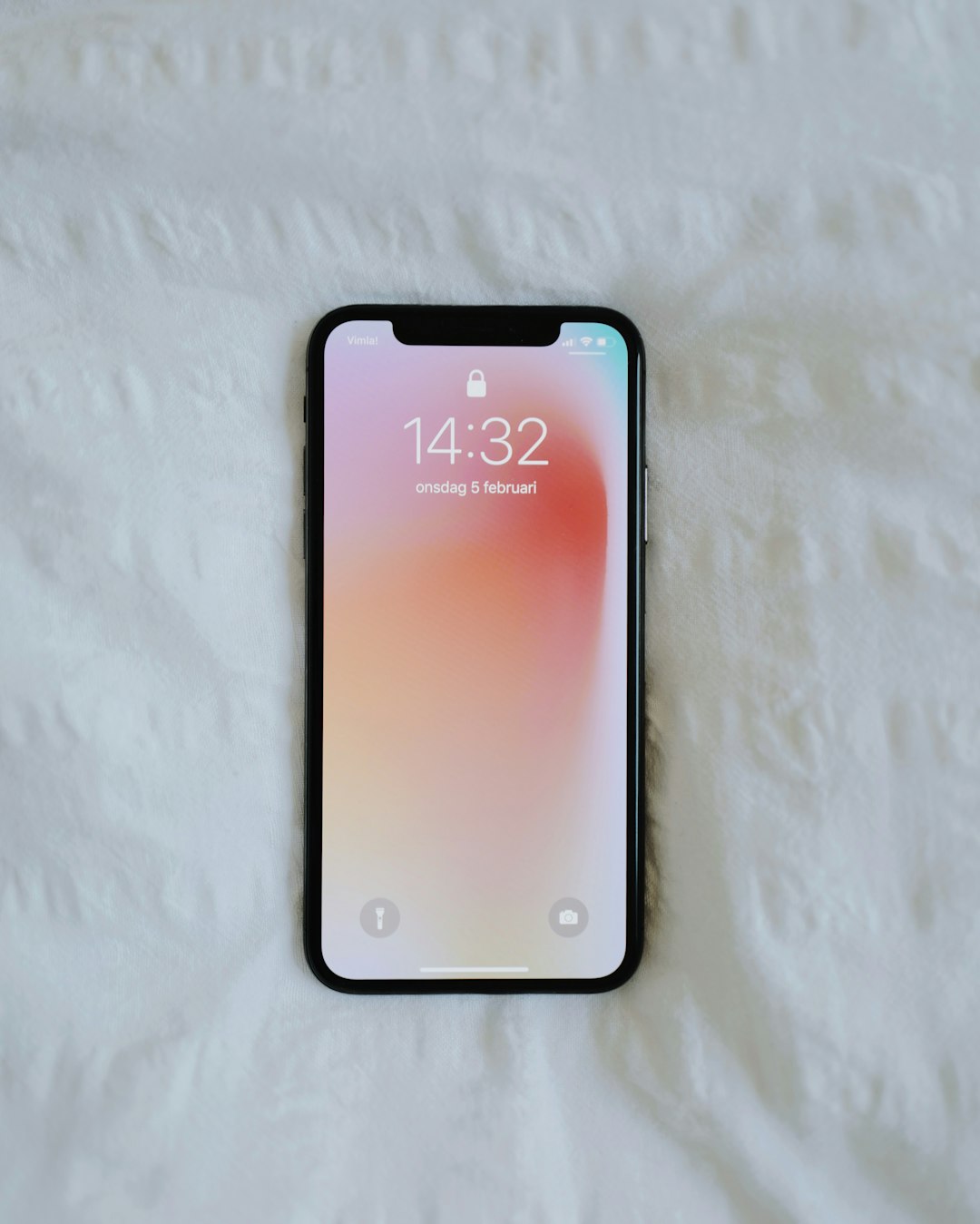Ohio's Do Not Call laws protect residents from unwanted telemarketing calls, with exemptions for law enforcement, charities, healthcare, and business interactions initiated by approved attorneys. Emergency alerts and critical communications from government entities are also exempt. Businesses with pre-existing relationships or explicit consent can call without restriction. The Attorney General's Office oversees compliance, and violators may face legal action. Do Not Call attorneys Ohio assist clients in navigating these regulations for effective communication while respecting consumer privacy.
In Ohio, understanding Do Not Call laws is crucial for businesses and residents alike. This comprehensive guide explores the exceptions within the state’s regulations, particularly focusing on emergency alerts. We delve into the specific exclusions and exemptions, clarifying who qualifies for these stipulations. With a keen eye on enforcement, this article also illuminates how Do Not Call attorneys in Ohio play a vital role in navigating these laws, ensuring compliance and protecting consumer rights.
Understanding Do Not Call Laws in Ohio

In Ohio, Do Not Call laws are designed to protect residents from unwanted telemarketing calls and sales pitches. These laws are part of a broader effort to safeguard consumers’ privacy and control over their phone communications. Homeowners in Ohio can register their landline or cell phones with the state’s Do Not Call list, which prohibits most commercial callers from contacting them. This measure ensures that residents can enjoy peace and quiet without constant interruptions.
However, it’s important to note that certain exceptions exist within these regulations, particularly for calls initiated by law enforcement agencies, charities, and healthcare organizations. Additionally, businesses may contact Ohio residents under specific circumstances, such as when the caller is a do-not-call attorney in Ohio working on behalf of a client with valid business purposes. These exemptions are crucial to balancing consumer privacy with legitimate communication needs.
Emergency Alerts: Exclusions and Exemptions

In Ohio, emergency alerts are subject to certain exclusions and exemptions, ensuring that critical communication channels remain accessible during dire situations. These exceptions include public safety agencies, such as law enforcement and fire departments, who are permitted to bypass the restrictions of the Do Not Call laws in order to notify citizens about imminent threats or emergencies. This allows them to deliver time-sensitive information, like evacuation orders or rescue efforts, directly to affected individuals.
Additionally, certain types of emergency alerts from government entities or approved service providers may be exempt from the usual Do Not Call regulations. These notifications typically focus on public health crises, natural disasters, or other critical issues that demand immediate attention and widespread dissemination. However, even within these exemptions, specific guidelines and protocols must be followed to ensure the appropriate use of emergency alert systems, with a focus on minimizing false alarms and maintaining public trust.
Who Qualifies for Exceptions?

In Ohio, exceptions to the Do Not Call laws exist for specific groups and situations. Individuals who have a pre-existing relationship with a business or organization are exempt from the restrictions. This means that if you’ve previously done business with a company, such as being a client of a law firm or a customer of a retail store, they can contact you without being restricted by the Do Not Call laws.
Additionally, certain types of organizations and professionals, like charitable groups, political campaigns, and financial institutions, are permitted to make calls even if the recipient is on the Do Not Call list. In cases where consent has been given, such as through a subscription or a signed agreement, businesses can continue to contact individuals without fear of legal repercussions for violating the state’s Do Not Call laws. Do not call attorneys in Ohio should be aware of these exceptions when advising clients about their rights and responsibilities.
Enforcing Do Not Call Regulations in Ohio

In Ohio, enforcing Do Not Call regulations is a delicate balance between protecting consumers from unwanted telemarketing calls and respecting businesses’ legitimate marketing efforts. The state’s Attorney General’s Office plays a crucial role in monitoring and investigating complaints related to Do Not Call laws. Consumers who register on the national “Do Not Call” registry or express their desire to stop receiving calls from specific companies can expect legal action if those restrictions are violated.
Ohio’s Do Not Call laws are not without exceptions, however. Non-commercial organizations, political campaigns, and certain types of business communications are generally exempt from these regulations. Additionally, if a consumer initiates contact with a company or provides explicit consent for marketing purposes, it can nullify their protection under the “Do Not Call” registry. Do not call attorneys in Ohio help businesses navigate these complexities, ensuring they comply with state laws while effectively communicating with their target audiences.






